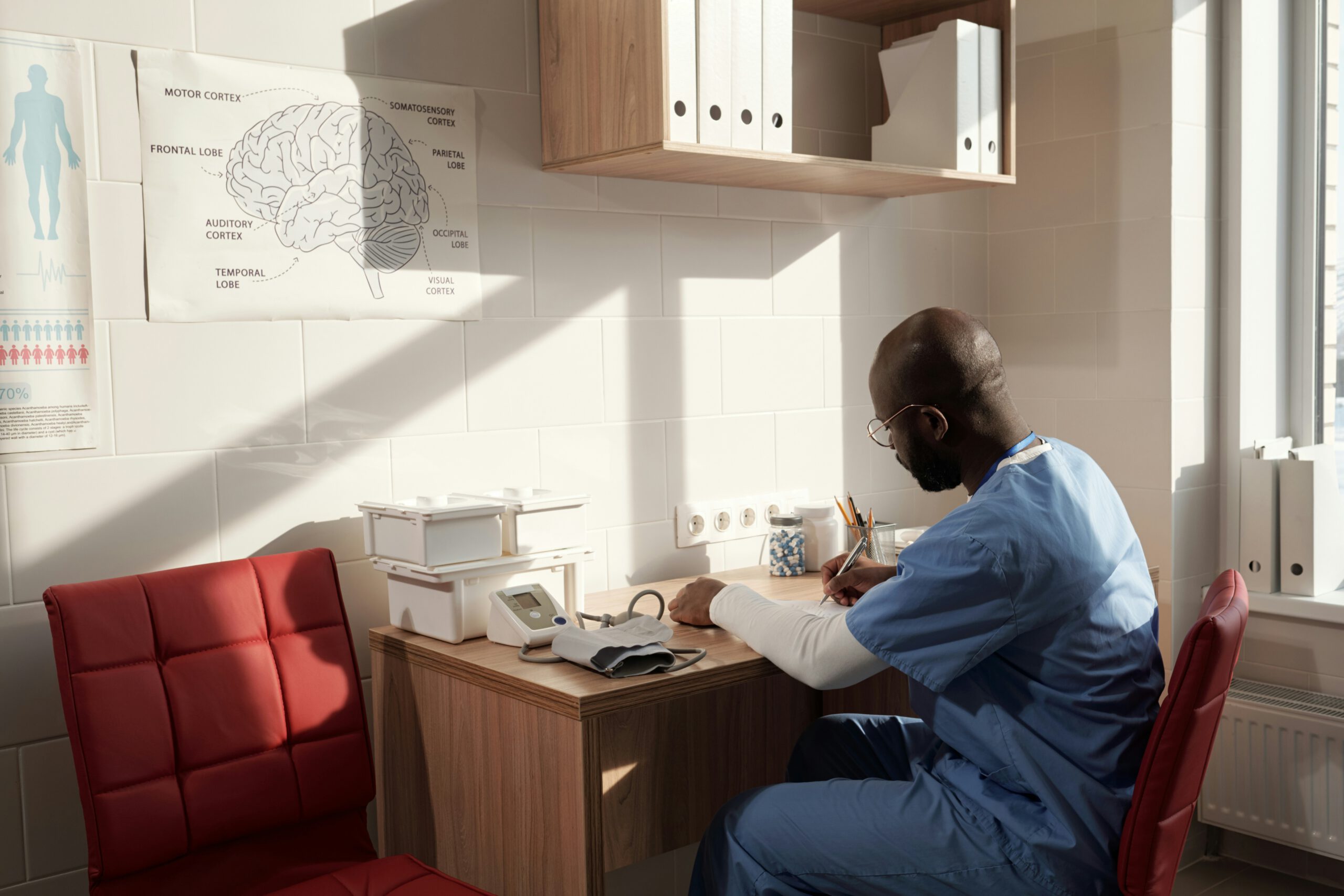In recent years, integrating TMS into psychiatry practice has moved from being an innovative option to becoming a competitive necessity. Transcranial Magnetic Stimulation (TMS) offers a noninvasive, drug-free approach to treating depression and other mental health conditions. For psychiatry practices, the addition of TMS not only elevates patient outcomes but also strengthens the clinic’s reputation, patient retention, and long-term profitability. As patient demand for alternatives to medication grows, practices that embrace TMS early are better positioned to lead the next era of mental health care.
What Is TMS and Why It Matters
TMS uses focused magnetic pulses to stimulate specific areas of the brain responsible for mood regulation. Unlike traditional antidepressant medications that can take months to work or cause unwanted side effects, TMS delivers targeted treatment directly to the brain’s neural circuits. For many patients, this means sustained relief from major depressive disorder, anxiety, or obsessive-compulsive disorder, especially when traditional therapies haven’t worked. By integrating TMS into psychiatry practice, clinicians can offer more comprehensive care that adapts to a variety of patient needs.
Benefits of Integrating TMS into Psychiatry Practice
1. Expanding Treatment Options
Adding TMS gives psychiatrists a safe, FDA-cleared therapy to complement psychotherapy and medication management. Patients who are hesitant about medication or have not responded well to it now have another scientifically validated option.
2. Increasing Patient Retention
When patients can continue care under one roof, they are less likely to seek treatment elsewhere. A clinic offering both pharmacological and interventional options builds patient trust and continuity. The convenience of having multiple treatment modalities in-house creates a one-stop destination for mental health care.
3. Strengthening Clinical Reputation
Psychiatry practices that adopt TMS demonstrate leadership in advanced mental health care. It sends a clear message to both patients and referring physicians that your clinic stays current with modern treatment protocols. This reputation helps attract new patients and referrals who are looking for progressive, science-backed solutions.
4. Enhancing Practice Revenue
Integrating TMS is not just beneficial for patients, it’s also financially sustainable. Because TMS is typically covered by major insurance providers, clinics can generate consistent revenue streams while improving accessibility for patients. It’s a clinical service that adds measurable value without compromising quality or ethics.
5. Supporting Long-Term Outcomes
Unlike medication adjustments or frequent therapy changes, TMS often leads to lasting symptom relief. Studies show that many patients maintain improvements months or even years after completing treatment. By helping patients achieve long-term stability, practices build stronger relationships and lasting word-of-mouth reputation.
How to Seamlessly Integrate TMS into Your Practice
Step 1: Evaluate Clinical Fit
Assess your current patient population and determine how many could benefit from TMS. Many clinics find that up to 30–40% of their medication-resistant depression cases qualify.
Step 2: Choose the Right TMS System
Selecting a reliable, high-performing system is essential for clinical success. When integrating TMS into psychiatry practice, consider a device that offers precision, flexibility, and ease of use for daily treatments.
Step 3: Train Your Team
Clinical staff should be well-versed in treatment protocols, patient safety, and session setup. TMS training enhances confidence and ensures consistent outcomes across patients.
Step 4: Educate Patients
Transparency and education are vital. Inform patients about how TMS works, what to expect during sessions, and its success rates. Clear communication reduces anxiety and increases patient adherence to the full treatment course.
Step 5: Track and Optimize Results
Establish systems for monitoring progress. Use patient-reported outcome measures and standardized assessments to refine your approach. Integrating analytics helps strengthen clinical credibility and operational efficiency.
The Competitive Edge of Offering TMS
In a rapidly evolving healthcare landscape, remaining competitive means adopting technologies that improve care and outcomes. Integrating TMS into psychiatry practice gives clinics a dual advantage, modernizing treatment capabilities while building stronger business foundations. Patients increasingly expect their providers to offer innovative, holistic, and effective care options. A clinic that offers TMS not only meets those expectations but often exceeds them, positioning itself as a trusted leader in its region.
Conclusion: A Future-Proof Approach to Psychiatry
TMS isn’t replacing traditional psychiatry, it’s elevating it. As mental health treatment continues to evolve, integrating TMS into psychiatry practice is one of the smartest long-term investments a clinic can make. From improving patient outcomes to enhancing operational growth, TMS has proven its place as a cornerstone of modern interventional psychiatry. For clinics ready to take the next step in expanding their services, investing in TMS technology is not just an upgrade, it’s a commitment to excellence in patient care.
Explore the Blossom TMS Therapy System
Learn more about how SEBERS Medical can help your practice integrate TMS effectively and efficiently.
Contact SEBERS Medical
Phone: 833.3BUY.TMS (+1.833.3289.867)
Email: Sales@sebersmedical.com
Address: 230 S Broad Street, 17th Floor Philadelphia, PA 19102
Learn More About the Blossom TMS Therapy System →





